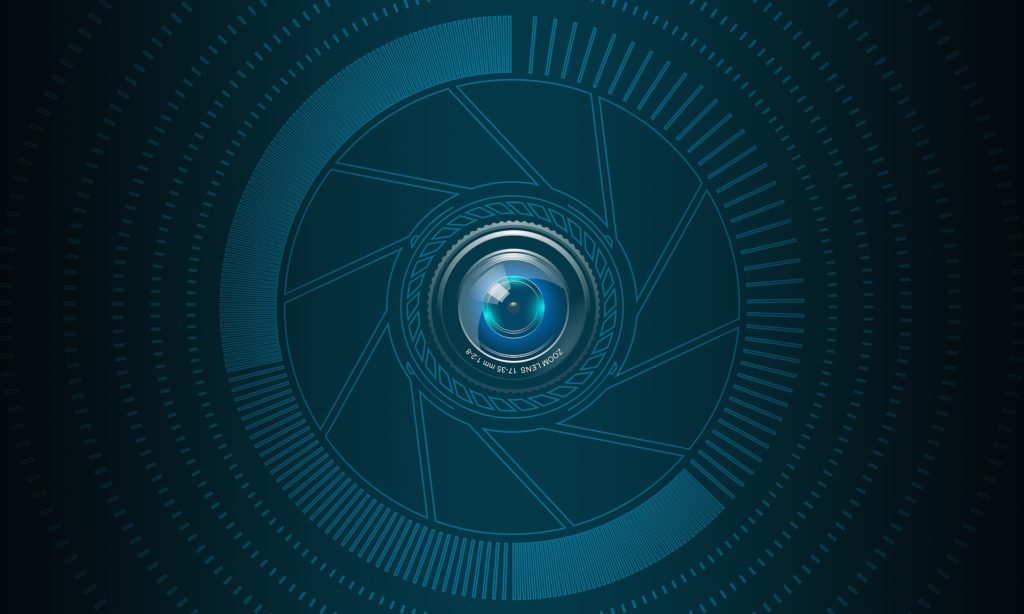TechTalk Daily

IBM has held out the concept of a next- generation, digital assistant for some time. I once hoped that its partnership with Apple would result in a Siri upgrade to Watson that would finally make that poor AI meet expectations. Alas, Siri still sucks, but IBM and Soul Machines just announced they were releasing the IBM Digital Assistant,branded Digital Iris, at the Dallas/Fort Worth International Airport.
This could be a game changer for all airports which often don’t provide the information you need when you need it, particularly when you have a tight connection and are likely to miss your connecting fight. For example, on a recent trip I was unable to find my connecting flight initially (it had vanished from the departure board and from the carrier’s web site (American Express Travel, which booked the flight, could only commiserate with me.) Another time, after landing at the Dallas Airport, I ran to my connecting flight at the other side of the complex only to find they’d moved the gate next door to the gate at which I’d originally deplaned. I blew out some stitches from a recent operation and thought I was going to have a heart attack.
In both cases, having an on-demand, truly helpful AI digital assistant that could help me in real time would have been a game changer. Let’s talk about how the emergence of a true AI for travel could be revolutionary, particularly when connected to other technologies airports are deploying.

Siri and OK Google are more speech-to-text and text-to-speech search tools that rely heavily on search engines and the generic web. The IBM Watson AI is vastly more developed. I’ve reviewed trials, mostly in sales roles, where prospects were so convinced the AI was a person, they started flirting with it. The AI has also outperformed people in terms of answer accuracy and speed. This would be incredibly useful if you’re running for a flight and the digital assistant could request a flight be held if there was a mechanical problem and the reason you’re late for the connection is the carrier’s fault.
By Rob Enderle / October 14, 2022